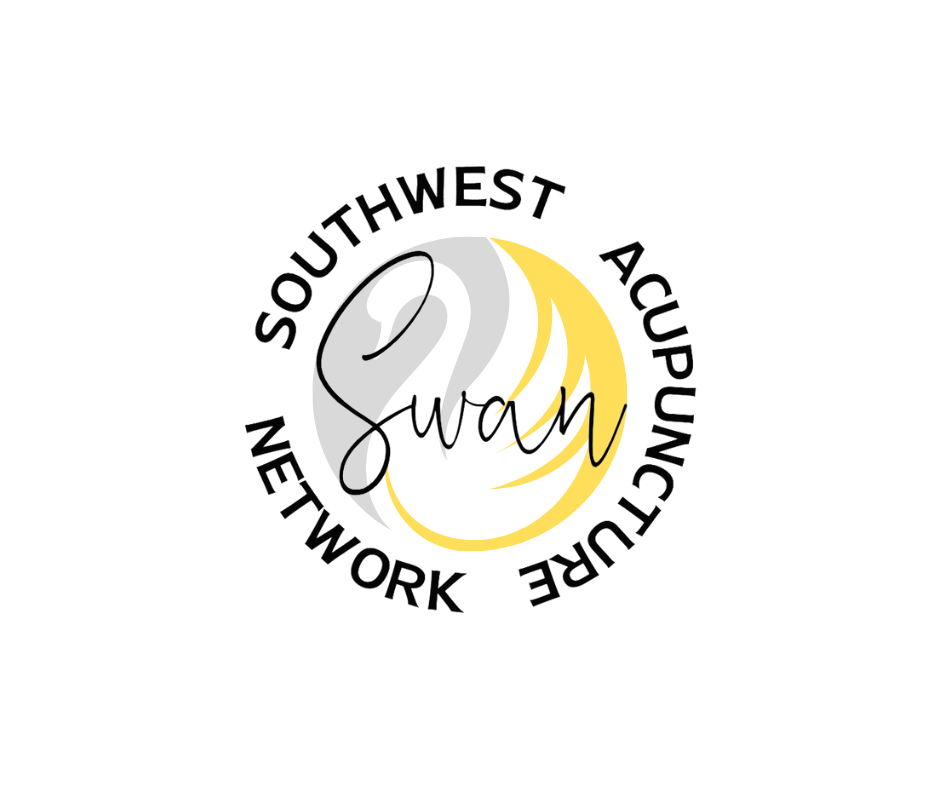The Role of Traditional Chinese Medicine in Managing Polycystic Ovary Syndrome (PCOS) and its Associated Symptoms
Introduction
Dear readers, prepare yourselves for an enlightening journey into the captivating realm of Traditional Chinese Medicine (TCM) and its remarkable potential in addressing polycystic ovary syndrome (PCOS) and its related symptoms. In this comprehensive guide, we will delve into the intricacies of this ancient, enduring healing system that has been honed and refined over the course of thousands of years.
Let us start with a crash course on PCOS. If you’re not already in the know, polycystic ovary syndrome is a common hormonal disorder that affects 1 in 10 women of reproductive age. It’s a real doozy, causing a whole slew of symptoms like irregular periods, acne, excessive hair growth, and even infertility.
So, without further ado, let’s unravel the mystery behind TCM and its incredible potential to help manage PCOS and its associated symptoms.
TCM: A Holistic Approach to Health
Yin and Yang: The Dynamic Duo
At the heart of TCM lies the belief that our body is a microcosm of the universe, governed by the delicate balance of two opposing forces – Yin and Yang. To put it simply, Yin represents the feminine, passive, and nurturing aspects, while Yang symbolizes the masculine, active, and creative elements. In terms of PCOS, the role of TCM is to harmonize these energies and restore equilibrium, ultimately alleviating those pesky symptoms.
Qi: The Life Force
Another key concept in TCM is the idea of Qi (pronounced “chee”), the vital energy that flows through the body, ensuring our physical, mental, and emotional well-being. When Qi is flowing smoothly, we’re the picture of health. But when it becomes stagnant or blocked, that’s when trouble starts brewing. In the case of PCOS, TCM practitioners focus on promoting the free flow of Qi, which can help alleviate symptoms and improve overall health.
The Role of TCM in Managing Polycystic Ovary Syndrome (PCOS) and its Associated Symptoms
Herbal Medicine: Nature’s Pharmacy
One of the primary ways TCM addresses PCOS and its associated symptoms is through the use of herbal remedies. These potent plant-based concoctions have been used for centuries to treat a wide range of ailments. When it comes to PCOS, TCM practitioners may prescribe herbs to:
- Regulate menstrual cycles
- Balance hormone levels
- Improve insulin resistance
- Reduce inflammation
Some popular herbs used in the treatment of PCOS include peony, licorice, cinnamon, and astragalus. But remember, folks, always consult a qualified TCM practitioner before trying any herbal remedies!
Acupuncture: More Than Just Needles
Another key component in TCM’s arsenal against PCOS is acupuncture, a practice that involves inserting fine needles at specific points on the body to stimulate the flow of Qi. This ancient technique has been shown to help:
- Regulate hormone levels
- Improve blood circulation
- Reduce stress and anxiety
- Promote relaxation
Lifestyle Modifications: Walking the Talk
TCM isn’t just about herbs and needles. It’s also about making meaningful lifestyle changes to support overall health and well-being. In the case of PCOS, TCM practitioners may recommend:
- Regular exercise to improve insulin resistance
- A balanced diet rich in whole foods supports hormonal balance
- Stress management techniques like meditation and mindfulness promote relaxation and overall well-being
- Adequate sleep ensures the body has time to heal and rejuvenate
By adopting these healthy habits, individuals with PCOS can significantly improve their symptoms and overall quality of life.
FAQs on TCM and PCOS
- How long does it take to see results with TCM for PCOS?
Patience is a virtue, my friends! The duration of treatment varies from person to person, depending on factors like the severity of symptoms and individual response to TCM therapies. However, most people can expect to see improvements within 3 to 6 months of consistent treatment.
- Are there any side effects of TCM treatments for PCOS?
While TCM therapies are generally considered safe, it’s always a good idea to consult a qualified practitioner who can tailor the treatment plan to your specific needs and monitor your progress. In some cases, herbal remedies may cause mild side effects like digestive discomfort, but these are usually temporary and resolve once the body adjusts to the herbs.
- Can TCM be combined with conventional medical treatments for PCOS?
Absolutely! TCM and conventional medicine can often complement each other in the management of PCOS and its associated symptoms. However, keeping all healthcare providers in the loop is important to ensure a safe and effective treatment plan.
Conclusion
The role of TCM in managing polycystic ovary syndrome (PCOS) and its associated symptoms is a shining example of the power of this ancient healing system. By focusing on restoring balance within the body, promoting the free flow of Qi, and making lasting lifestyle changes, TCM can offer hope to those struggling with this challenging condition.
So, if you or someone you know is battling PCOS, why not give TCM a whirl? It might just be the missing piece of the puzzle in your journey to health and well-being. Just remember to consult a qualified TCM practitioner to ensure the most effective and safe treatment plan for your unique needs.

